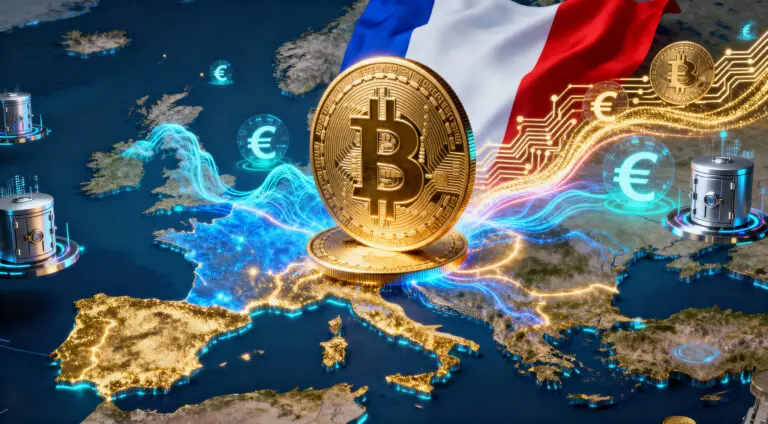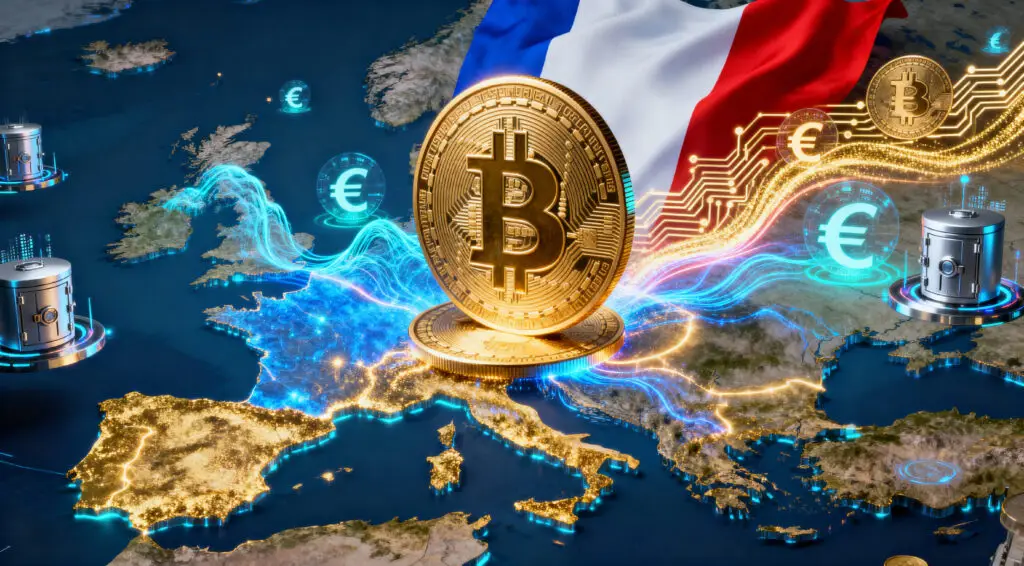As if responding to a different world than before, UK Prime Minister Keir Starmer declared that “the world as we knew it is over” in reaction to US President Donald Trump massively imposing tariffs on the UK, a staggering comment for someone in his position to make. While nations scramble to devise an approach to cope with the situation, the UK appears to be preparing to weather the storm, with Starmer indicating that he is ready to carry out unprecedented acts of state capitalism in an attempt to shelter British industry from the brunt of fallout.
“Old Assumptions Gone”: A New Era of Trade
Starmer’s op-ed illustrates him in a rather pessimistic frame: “Old assumptions can no longer be taken for granted.” The driver of such pessimism, he says, is a world moving away from rules and towards “deals and alliances,” courtesy of Trump’s trade policy. His comments carve an image of a world in tatters, still reeling from the aftermath of Trump’s tariff policies. At this point it wouldn’t be unexpected to speculate that one world war can lead to another.
Trump’s “Economic Revolution”: A Worldwide Shock
Trump remains unfazed by the economic chaos, as he is still ‘doubling down’ on his protectionist policies, declaring an “economic revolution.” In a post on his Truth Social platform, he advised Americans to “hang tough,’ claiming the “end result will be historic,” albeit acknowledging some level of pain and suffering. His 34% tariff on Chinese imports, which is set to kick in next week, has already claimed retaliatory action from Beijing, with corresponding tariffs also on the horizon from the EU and Japan.
Global Responses: Zimbabwe’s Unilateral Action
American tariffs have produced an onslaught of reactions almost immediately. Zimbabwe finds itself on the losing side of an 18% outpour, taking a leap as far as unilaterally suspending all tariffs on US imports for every eight. This drastic step showcases the increasing despair of countries struggling to come to terms with the economic reality of Trump’s policies.
The UK Response: ‘Cool Heads’ Along with Active State Intervention
While the UK has limited damage, sustaining a relatively easy 10 percent tariff, Starmer is leaving nothing to chance. He has been adamant about the need for quote “cool heads, pragmatism, and an understanding of our national interests.” In dialogue with the President of the European Commission, Ursula Von Der Leyen, and the German Chancellor, Olaf Scholz, he underlined the focus of fostering trade alliances with other countries.
Safeguarding British Business: All Options on the Table
Starmer has reinforced his government’s position, stating that “nobody wins from a trade war,” which requires a strategy of calming negotiations. Furthermore, he has made it clear that a US trade deal will only be sought “if it is right for British business” and that “all options remain on the table” in responding to the tariffs. Furthermore, he has also steered toward using direct government intervention to defend certain industries.
Reverberations of the Past: The Smoot-Hawley Analogy
The newly added levies have been likened to the 1930-era Smoot-Hawley Tariff Act, a law that is largely considered to have instigated a global trade war alongside worsening the Great Depression. The Center for Strategic and International Studies has brought out this argument for concern, demonstrating the potential for damaging economic consequences.
Impacts Riders: Idle Jaguar Land Rover
The impacts of tariffs stated above are clearly visible. The British luxury automobile producer, Jaguar Land Rover, plans to put a “pause” on sending cars to the US in April due to “the new trading terms.” This decision illustrates the fragility of global supply chains in the face of political tensions.
“Turbocharging” Domestic Competitiveness: A Shift in Policy
Responding to the changes on the geopolitical economic chessboard, Starmer plans to “turbocharge” competitiveness domestically. He seems to be breaking from the accepted economic norms by saying he will resort to “industrial policy to help shelter British business from the storm.” This change is the first sign of a shift in the UK’s trade and industry policy as it braces itself for the new global economic order.















